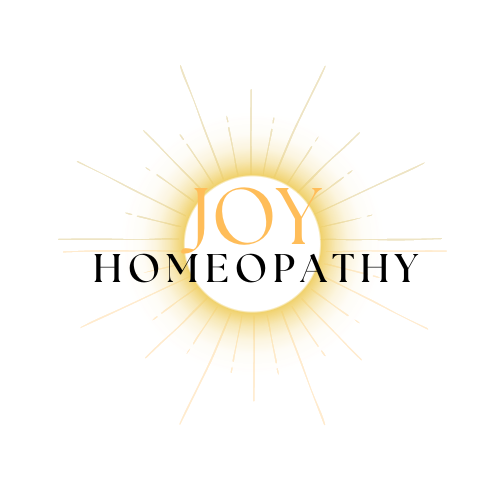Menopause is a natural biological process that marks the end of our reproductive years as women. While it’s a natural part of life, it can feel anything but natural. It’s more like a rollercoaster of change; our bodies and beings transform in ways we might not have expected. When and why did menopause become something to fix or change? Before diving into that, let’s take a deeper look at what is menopause.
Perimenopause is the transitional period that typically begins in our mid to late 40s. During this time, hormone levels change, and periods become irregular. This phase can last anywhere from several months to years. Menopause is the 12 months that have passed since our last menstrual period. It usually occurs in our 50s, but it can happen earlier. If it occurs before the age of 40, it’s considered premature menopause.
Common Symptoms of Menopause
Many of us experience a range of symptoms during this climacteric transition, including:
- Hot flashes and night sweats,
- Irregular periods,
- Vaginal dryness,
- Mood changes,
- Sleep problems,
- Weight gain and slowed metabolism,
- Thinning hair and dry skin,
- Loss of breast fullness.
Having symptoms? Book a consultation with Deborah Joy
The Societal Impact
Many of the problems we experience are due to how society views women. We’re expected to have careers, raise children, and live active lifestyles—all at the same time. This “do it all” mentality is detrimental to our midlife well-being. Stress is a significant factor in worsening menopause symptoms. Our nervous systems can no longer keep up with being deprived of proper sleep, good nutrition, and overall balance, leading to physical consequences.
Homeopathy and Lifestyle Changes
Homeopathy can be incredibly useful in these circumstances. The symptoms, thoughts, and emotions we experience guide us to a remedy tailored to our unique needs rather than just treating a disease label. Dietary and lifestyle changes can also support many of us through this stage of life. Regular exercise, healthy eating, breathing exercises, and journaling are some practices that can increase our well-being and reduce symptoms.
The Historical Perspective
When menstruation ceases, a psychic, emotional, and physical transition occurs—Nature at work. In the old days, this was the final stage of womanhood, often called the “Crone or Wise Women phase.” Older women would support and educate the younger women in the household, village, and community by helping with childbirth, childcare, and running the home. They passed on the wisdom they had gained from experience and what had been passed down to them.
Modern Challenges
Today, the lines are blurred. Many of us continue working into our 60s and beyond, often raising grandkids while supporting our children and elderly parents. The three phases of womanhood—Maiden, Mother, and Crone—were historically acknowledged and honoured. This recognition has stopped in modern times, and we’ve been robbed of our initiations and rites of passage.
The development of hormone replacement therapy (HRT) and other medical treatments has led to the perception of menopause as a condition that can be managed or treated. HRT, for instance, is used to alleviate symptoms and reduce the risk of osteoporosis and cardiovascular disease associated with declining estrogen levels.
Menopause, while a natural biological process, has become medicalized due to advancements in medical treatments, societal pressures, and increased awareness. Understanding the historical context and modern perspectives on menopause can help us navigate this transition with a balanced approach, incorporating medical and lifestyle interventions to improve our quality of life. Let’s embrace this stage of life with the wisdom and strength that comes from generations of women before us. We are not alone in this journey; we can find the balance and support we need to thrive together.
Deborah Joy offers Journey Work and Homeopathic consultations online. She would love to work with and support you on your journey—book in today.
References
1. https://www.mayoclinic.org/diseases-conditions/menopause/symptoms-causes/syc-20353397
2. https://www.ncbi.nlm.nih.gov/books/NBK507826/
3. https://www.nfwh.co.nz/thyroid-menopause-nutrition
4.https://www.menopause.org.nz/menopause
5. https://www.advancedgynecology.com/conditions-symptoms/menopause
6. Transition Guidance – Damiva Diaries. https://blog.damiva.com/category/menopause/menopause-transition-guidance/

